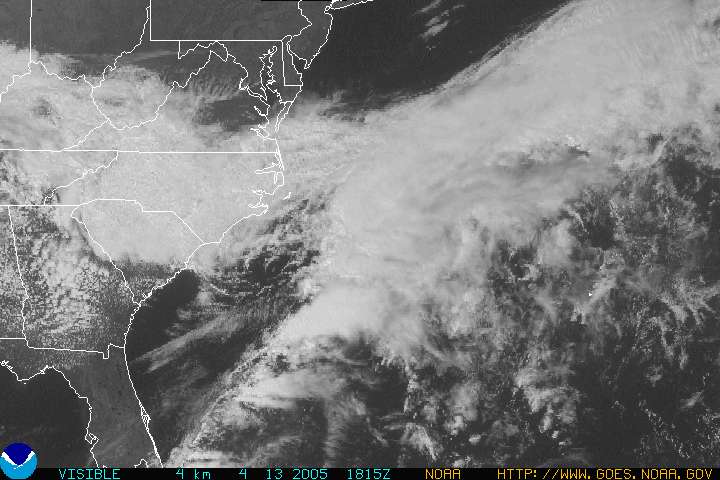Coastal Hazards Conference May 23-25
(May 7, 2001) — When it comes to dealing with natural disasters such as hurricanes, floods, tornadoes, earthquakes and the outbreak of dangerous diseases only a handful of organizations take charge and most of them will be represented at the May 23 — 25 Coastal Hazards Conference at East Carolina University.
The conference “Of People Place and Progress: Extended Recovery on the Coastal Plain” is scheduled for Mendenhall Student Center. The two-and-a-half days of sessions will focus on the impact of hurricanes, long-term recovery from Hurricane Floyd, climate change, public health and environmental issues.
Conference organizers have scheduled Michael J. Armstrong, the former assistant director of the Federal Emergency Management Agency, as the keynote speaker for the conference. Armstrong will give a free, public presentation on Wednesday at 7:30 p.m. at the student center.
Armstrong was FEMA’s manager for floods, hurricanes, earthquakes, tornadoes and dam safety. He was a frequent FEMA spokesperson and has been often interviewed and quoted by major news publications and has appeared with news anchors and reporters for all of the major television networks.
In his ECU presentation, he will show how a new computer system can predict the extent of damages from natural disasters and will explain FEMA’s disaster mitigation efforts.
In addition to Armstrong, the conference will feature other representatives from high profile agencies. Included among the speakers is Rear Admiral Brian W. Flynn of the U.S. Public Health Service. Flynn, an ECU graduate, is an assistant Surgeon General and is the director of the Program Development, Special Populations and Projects Division. He has served as Chief of the Emergency Services and Disaster Relief Branch and has worked with victims of the U.S. Embassy bombing in Kenya and Tanzania and with families of the school shooting victims in Littleton, Colorado. He will speak on Thursday morning.
Dr. Eric K Noji is the Chief of the Epidemic Surveillance and Bio-Emergency Response Branch at the Center for Disease Control in Atlanta. Noji has published widely about the medical and health response to natural, biological and technological disasters including humanitarian emergencies and terrorism. He will give a presentation on public health and disasters on Thursday.
Dr. Ken Howard is a research meteorologist with the National Severe Storms Laboratory in Norman, Oklahoma. He is working with engineers to develop new technologies to help control the risk of surface floods and for predicting rainfall and flood warnings and will describe his work at conference workshops.
Dr. Donald Scavia directs the National Centers for Coastal Ocean Science (NCCOS) that is composed of the National Oceanic and Atmospheric Administration’s (NOAA) Coastal Ocean Program, the National Status and Trends Program and research labs in North Carolina, South Carolina and Maryland. The organization conducts work ranging from development of bimolecular probes to predicting the impact to the coastal ecosystem from storms and climate changes. He will address the conference Wednesday afternoon.
Robert H. Bacon works with the South Carolina Sea Grant Extension Program. This winter he and other Sea Grant staff began work with the NOAA National Severe Storms Laboratory to demonstrate uses of advanced weather radar and geographical information systems to improve flood warnings.
Others include: Robert H. Bacon of the South Carolina Sea Grant Extension Program and a scientist helping to develop advanced weather radar; Dr. John Meredith, disaster chief for University Health Systems.
Contact: ECU News Bureau | 252-328-6481
